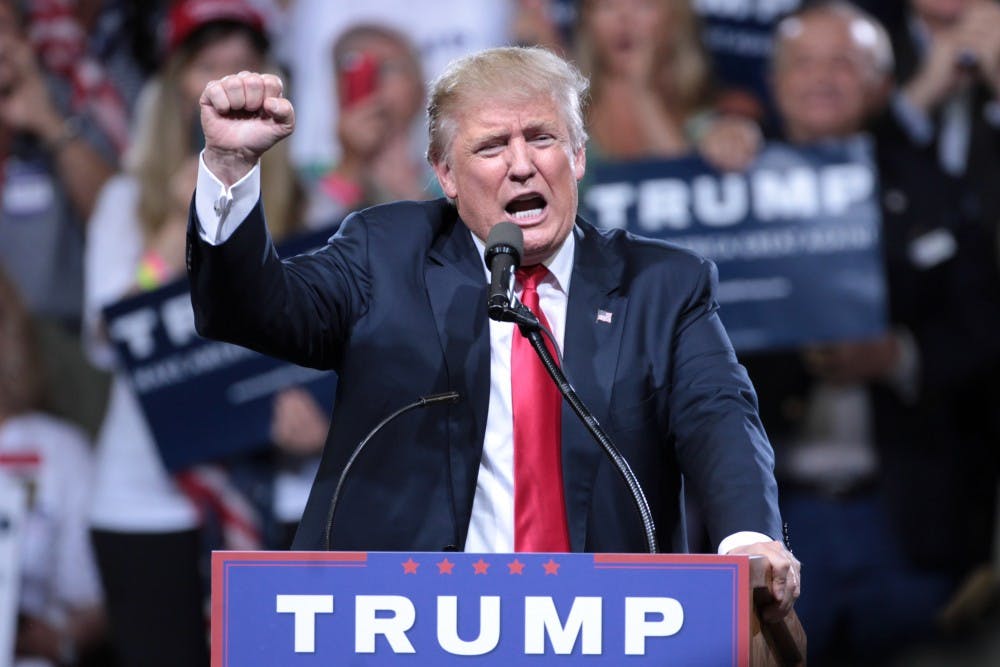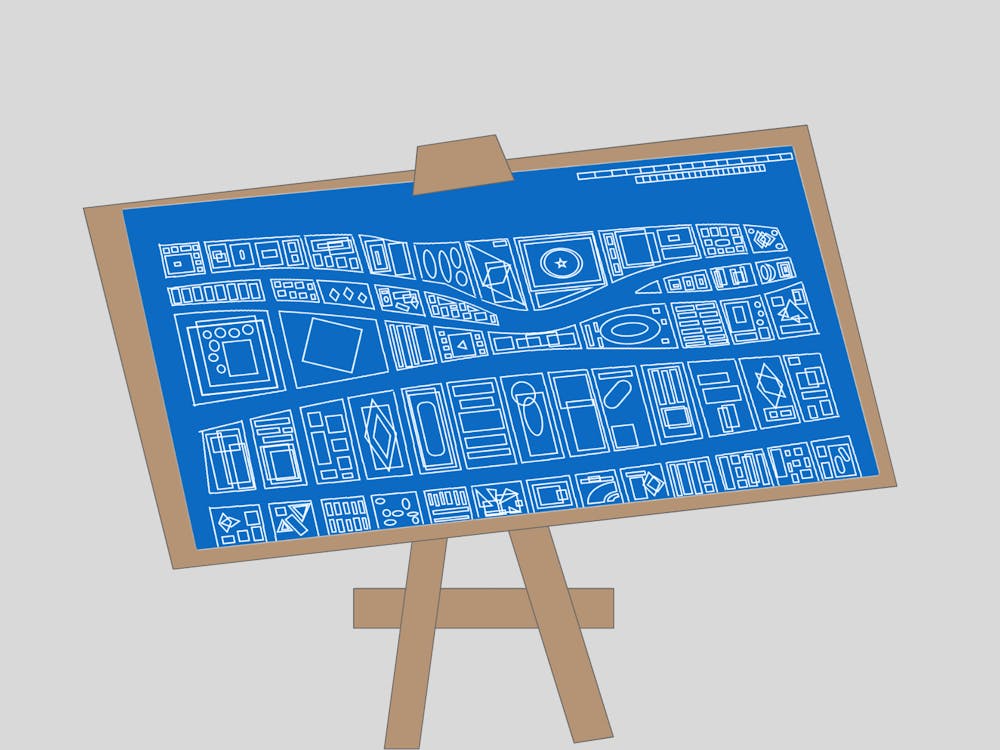President Donald Trump recently implemented new tariffs that will increase the tax on steel imports by 25 percent and aluminum imports by 10 percent. Trump touted the tariffs as a way to protect American jobs and enhance national security — if only that were true. In reality, these tariffs are a surefire way to raise prices, eliminate jobs and make America less safe.
A supporter of these tariffs might argue that the tax on imports will raise the price of steel and aluminum from other countries and level the playing field for domestic firms, who have to pay higher labor costs than many other countries. This leveling of the playing field will lead domestic firms, the supporter might say, to be more successful and, thus, able to hire more workers or prevent the firing of employees. Furthermore, by protecting the steel and aluminum industries, the United States will be safer since it will not be dependent on other countries for those resources.
This argument, while enticing at first glance, is flawed. It paints a rosy picture of the effects of the tariffs by failing to take into account all of their consequences. For starters, the argument does not address the adverse effect that an increase in prices will have on consumers and businesses. Since steel and aluminum are inputs for many consumer products ranging from soda cans to automobiles, these tariffs will force businesses to raise the price of their products to maintain their same level of profits. Therefore, the tariffs will directly and negatively affect Americans every time they go to buy those products.
One could respond to this negative outlook on the tarriffs by claiming that the increase in price will likely be small and, therefore, worth it if it results in new jobs. Even if the increase in price will be small, a small difference in the price of one unit of steel will make a big difference for businesses that buy large quantities of steel. According to Ducker Worldwide, a research and consulting firm, the average automaker uses approximately 2,925 pounds of steel and 526 pounds of aluminum to produce the average vehicle.
With these tariffs increasing the price of that metal, Joseph Amaturo, an analyst at Buckingham Research Group, estimates that that could add $300 to the cost of producing a car. This increase comes at a time when many Americans are struggling to make ends meet — every penny matters to them. Furthermore, the tariffs will certainly result in higher prices — if not, they are entirely useless to begin with since they would not incentivize people to buy domestic goods in the first place — but it is far from certain that they will result in new jobs.
In fact, the tariffs will likely cause job loss. According to the Council on Foreign Relations, the tariffs could lead to 18,000 to 40,000 jobs lost in the U.S. auto industry alone. Moreover, the Trade Partnership calculated that the tariffs will produce a net loss of almost 146,000 jobs. This may be the result of many different factors. First of all, many businesses use steel either as a component of their products or in the machinery used to create their products. As noted above, a small difference in the per-unit price of steel will generate a large difference in the bottom line of that business. Depending on the characteristics of the business, the change in price may be enough to force the business to fire workers.
Other nations' reactions to the tariff increase might also result in job loss. Since imposing tariffs puts products that originate in other countries at a disadvantage, the affected countries seek to discourage the tariff imposer through retaliation. Thus, the affected countries will impose tariffs in response to the initial imposition. We are already seeing countries respond to the newly implemented tariffs. For example, since the implementation of the new tariffs, China has announced that it will impose additional tariffs on 128 U.S. products including pork, wine and fruit. This new policy will assuredly hurt U.S. businesses that export those products and, as a result, hurt the employees of those businesses.
The final claim of the pro-tariff argument that we must examine is whether imposing tariffs truly will improve national security. The supporter will argue that steel, being vital to our national security, needs to be protected in case we go to war and cannot rely on our enemies for steel anymore. This case, however, seems weak considering the vast majority of steel imports come from our allies. Furthermore, allies have felt rebuffed by the imposition of these tariffs, which will likely have consequences for the United States in future diplomatic exchanges with those allies. Overall, it seems that given the choice between steel and allies or just steel, the president has chosen the latter.
After examining each assertion that the pro-tariff argument makes, I believe that the argument fails and that the implementation of these tariffs will be a costly error resulting in higher costs, fewer jobs and a less secure nation.
Gavin Scott is an Opinion columnist for The Cavalier Daily. He can be reached at opinion@cavalierdaily.com.
CORRECTION: A previous iteration of this column referred to Ducker Worldwide as Ducker Worldwide-FSG. The column has been changed to reflect the company's correct name.





